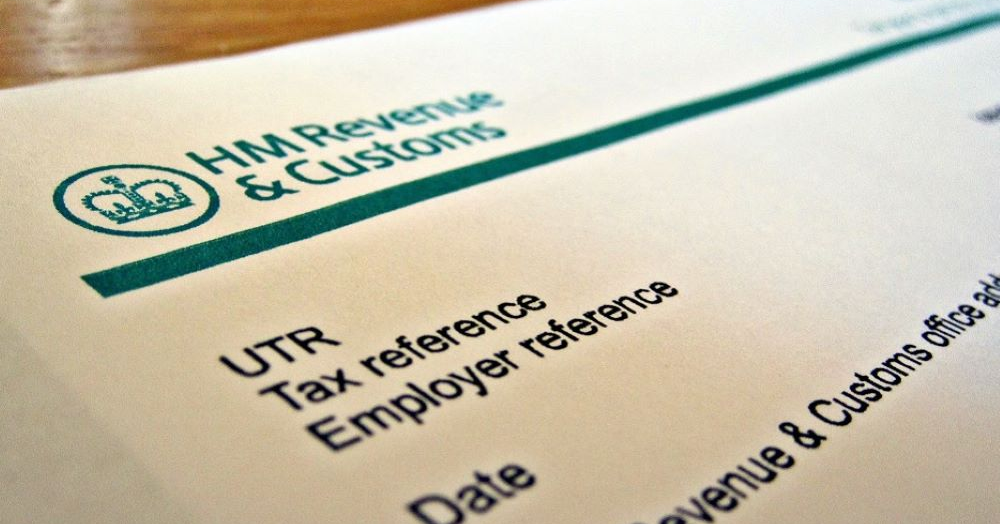As a non-resident landlord in the UK, you are still subject to certain tax obligations. In this article, we will explain what non-resident landlord tax is and how it works in the UK.
As a non-resident landlord in the UK, you are still subject to certain tax obligations. In this article, we will explain what non-resident landlord tax is and how it works in the UK.
What is non-resident landlord tax?
Non-resident landlord tax is a tax that is paid by landlords who do not live in the UK for more than 6 months a year, but who own property in the country and receive rental income from tenants. The tax is calculated on the rental income earned by the landlord, and the amount payable will depend on a number of factors.
Why do non-resident landlords have to pay tax?
Non-resident landlords have to pay tax in the UK because they are earning income from property located in the country. This income is subject to UK tax laws, regardless of where the landlord is based. If you are a non-resident landlord, you must register with HM Revenue & Customs (HMRC) and file a tax return each year.
How is non-resident landlord tax calculated?
The amount of tax that you will need to pay as a non-resident landlord will depend on a number of factors, including:
- The amount of rental income you earn each year
- Your personal income tax rate
- Any tax deductions you are entitled to claim, such as expenses incurred in relation to the property
In general, non-resident landlords are subject to the same tax rates as UK residents. However, if you live in a country that has a tax treaty with the UK, you may be able to claim relief on some or all of the tax you pay.
How do I register for non-resident landlord tax?
If you are a non-resident landlord, you must register with HMRC for tax purposes. You can do this online or by completing a paper form. Once you have registered, you will need to provide HMRC with details of your rental income and expenses each year, and file a tax return by the deadline.
If you have not registered and using a Letting agent, then the agent will be expected to retain 20% of your rental income until they have confirmation of your registration.
What are my obligations as a non-resident landlord?
As a non-resident landlord, you have a number of obligations under UK tax law. These include:
- Registering with HMRC for tax purposes
- Filing a tax return each year
- Paying any tax due on your rental income
- Keeping records of your rental income and expenses for at least six years
- You may also need to appoint a UK-based agent to act on your behalf in relation to your tax affairs.
In conclusion, non-resident landlord tax is a tax that is paid by landlords who do not live in the UK, but who own property in the country and receive rental income from tenants. If you are a non-resident landlord, you must register with HMRC, file a tax return each year, and pay any tax due on your rental income. The amount of tax you will need to pay will depend on a number of factors, including your rental income, personal income tax rate, and any tax deductions you are entitled to claim.
Contact us if you require any further details or have any questions in regards to this.
0207 113 1066
